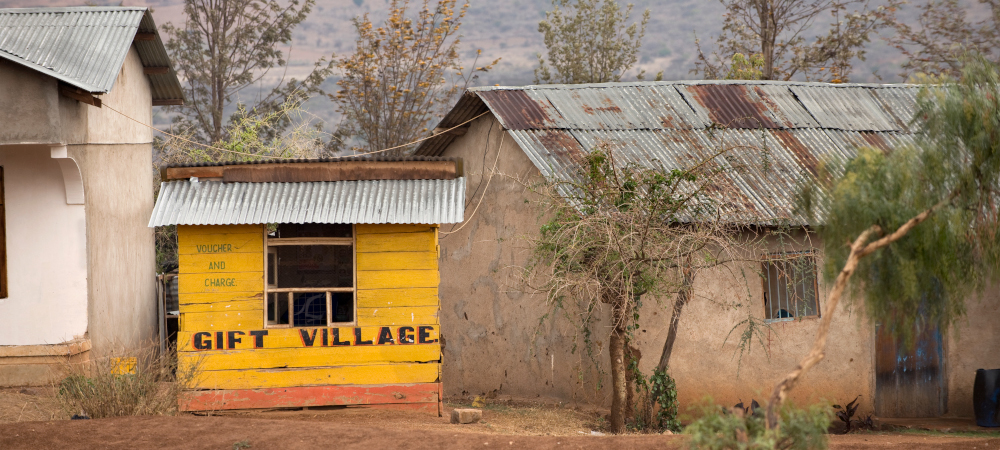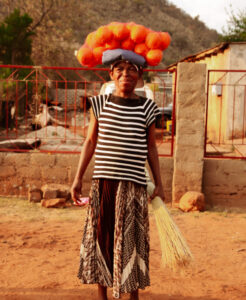
The New Kings of the Underground Economy
It’s the distant pop of a power tool in a backyard garage doubling as an auto body shop. It’s the static buzz of a cracked speaker advertising Sunday haircuts and cheap data bundles. It’s the thunk of crates being unloaded at dawn from a bakkie with no plates but an ironclad delivery route.
These are the new kings of the underground economy, men and women running businesses off instinct, sweat, and the kind of raw resilience you can’t fake. They didn’t come from Sandton boardrooms or UCT business incubators. They came from somewhere hungrier. Places like KwaMashu, Katlehong, and Mahikeng. And what they’ve built isn’t just impressive. It’s infrastructure.
Sizwe started selling bootleg DVDs at 16. Now, at 34, he owns a chain of spaza-linked logistics routes that move goods faster than most national couriers. He never raised capital. He raised eyebrows, favours, and the kind of loyalty you don’t get with a pitch deck. His operation is cash-heavy, app-light, and borderline legal. “You can run a whole economy on trust,” he says, tapping his temple. “But only if you never drop the ball.”
There’s Lesedi in Daveyton. She began as a mobile hairstylist with a second-hand dryer and a borrowed scooter. Today she runs a grooming studio with six chairs, full bookings, and a deal with a local alcohol distributor that turns her salon into a Friday night hangout with a bottomless cooler. She calls it “Branding through presence.” These aren’t exceptions, they’re patterns. Business models born out of constraints, made profitable by creativity and nerve.
In this world, credit is earned in people, not points. Your name matters. Your consistency. Your willingness to take risk where others fold. You don’t scale with funding rounds; you scale with cousins, neighbours, and a community that sees your hustle and bets on it. For every official policy choking township enterprise in red tape, there’s an unofficial route around it, not always clean, rarely safe, but deeply efficient. Call it grey-market capitalism. Call it survival. Just don’t call it small.
 There’s nothing polished about township entrepreneurship. It’s weathered and sun-bleached. It has scars. It moves on instinct and often skips the part where you file paperwork. But it works. And it’s working in numbers too big to ignore.
There’s nothing polished about township entrepreneurship. It’s weathered and sun-bleached. It has scars. It moves on instinct and often skips the part where you file paperwork. But it works. And it’s working in numbers too big to ignore.
Every barbershop that doubles as a sneaker resale outlet. Every shisa nyama with an Instagram following. Every backyard panel beater fixing Mercs on the cheap. These are nodes in a network more alive than many formal economies. They don’t beg for inclusion. They just build their own tables. And around those tables? Real money. Real strategy. Real futures.
What happens when this energy gets connected to capital? What happens when township titans start buying buildings, not just leasing containers? What happens when someone like Sizwe figures out blockchain logistics before the banks do?
The line between hustle and empire is thinning. Not because of luck, but because of muscle, the daily, grind-it-out repetition of solving for X when X is survival. And now, many are solving for legacy.
Maybe the future of South African business isn’t in the glass towers of Sandton. Maybe it’s in the worn hands of a mother of three running three mobile tuckshops and still finding time to manage her cousin’s taxi bookings.
And maybe the story of that future starts in places where the odds were never even, but the ambition always was.




